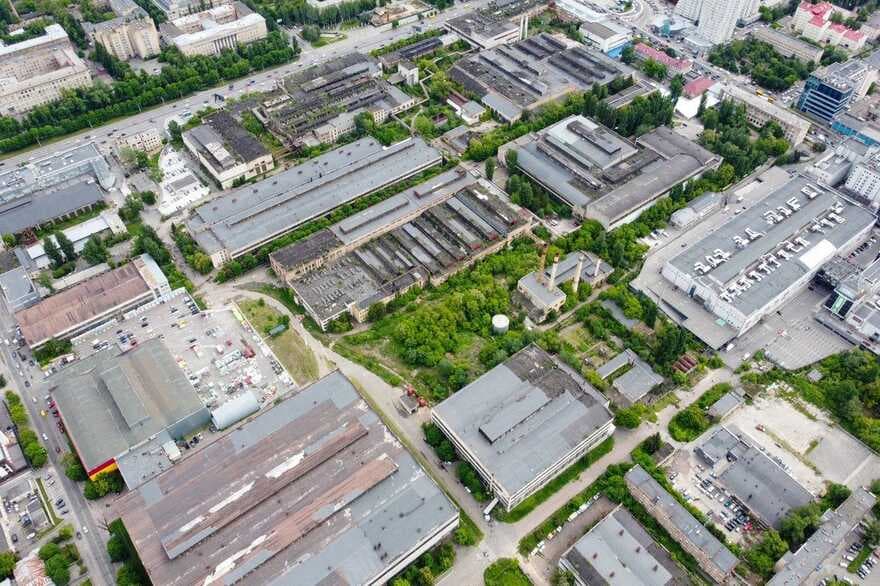Investigators seize Bilshovyk shares over suspected corruption

The State Investigation Bureau seized 100% of the shares of Kyiv’s Bilshovyk machine-building plant on Jan. 11 over suspicions that it may have been knowingly undersold at its privatization auction, according to a post on the bureau's website on Jan. 13.
The shares, which are owned by tycoon Vasyl Khmelnytsky, were frozen as part of the bureau's investigation into potential wrongdoing by officials from the State Property Fund, the body responsible for managing and privatizing state-owned assets.
Production of machine parts at Bilshovyk, established in 1882, massively declined since the fall of the Soviet Union in 1991, with the plant becoming a loss-maker and running up $17.5 million of debt.
The factory was sold at a privatization auction organized by the fund on Oct. 27 for just $52 million, a suspiciously low sum that was only slightly larger than the original starting price.
The plant was bought by Cyprus-registered General Commerce LLC, an investment company connected to Khmelnytsky. The tycoon, whose net worth was estimated at $310 million in 2020, did not immediately respond to a request for comment.
In a Facebook post following the sale, State Property Fund Head Dmytro Sennychenko stated that the auction had “provided equal conditions for all investors” and that the fund had worked for “the protection of state interests.”
However, suspicions were immediately raised about the legitimacy of the auction, which concluded after just six minutes and three bidders. The final sale price was less than half the anticipated price of $100-120 million.
Shortly after the cut-price sale, Sennychenko submitted his resignation, which is currently awaiting approval by parliament.
According to the State Investigation Bureau's press statement, officials from the State Property Fund are now under investigation for abuses committed during privatization.
“Currently, (the bureau's) investigators are establishing all the circumstances behind the illegal alienation of the plant from state ownership at a reduced cost,” the statement reads. ”This caused economic damage to state interests.”
Following the sale of the plant, Ukrainian publication NV alleged that Khmelnytsky was able to buy the plant for a low price due to concerns over a long-running conflict with Agromil Distribution, who possessed lease agreements for several buildings on the site until 2036.
If the investigation shows that State Property Fund officials facilitated a cut-rate sale of the factory, officials could face up to six years in prison and the privatization of the asset could be jeopardized.
The plant has been described by Sennychenko as “a hole in the center of Kyiv…entangled in various schemes for decades.”










